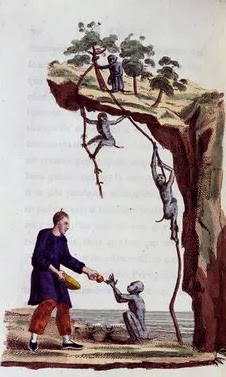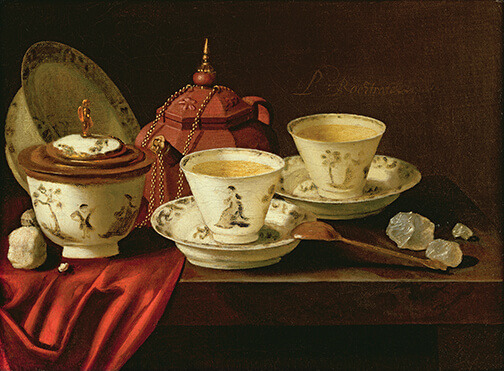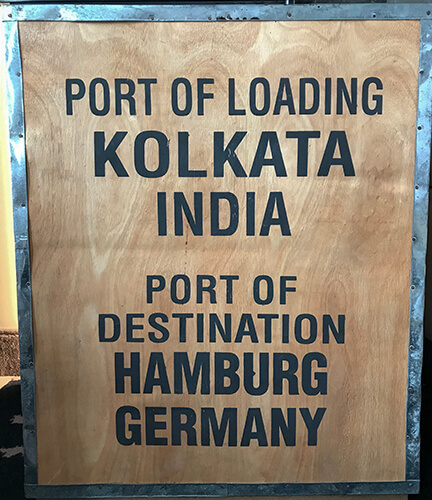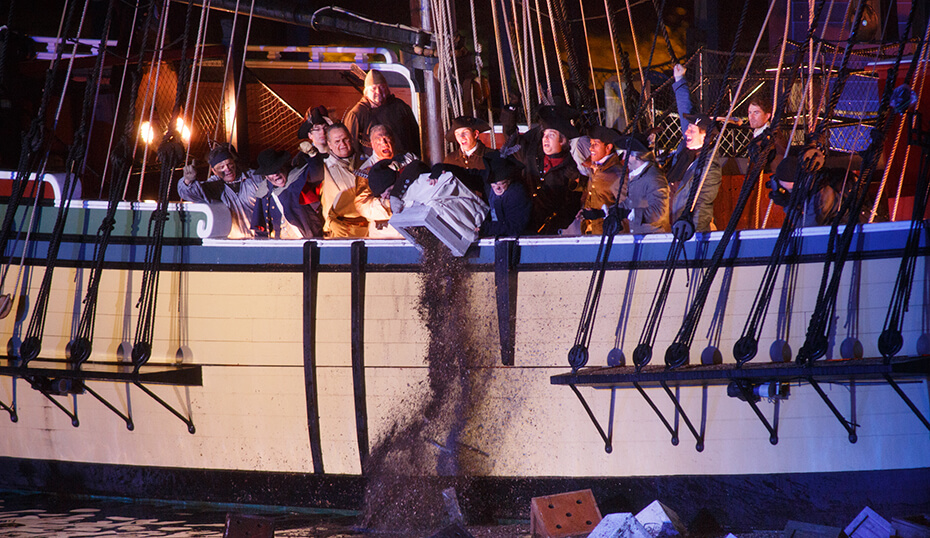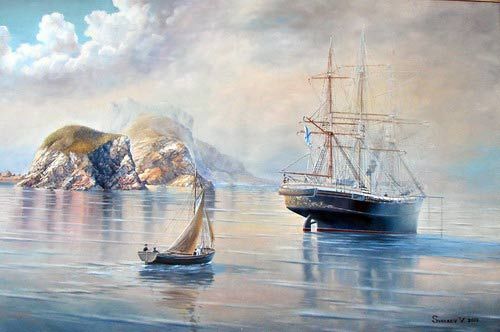Monkey-picked Tea?
I received a call a few months ago from MTV asking how monkeys were trained to pick tea.
I had to break the news to them that westerners had been falling for that story since way before the time tea was tossed into Boston Harbor. It was one of the marketing ploys used to make Chinese tea more exotic. And the alluring monkey tale continues to be employed by unscrupulous (or misinformed) tea vendors today.
No European, including the East India Company traders in Canton, understood Chinese tea growing practices until Robert Fortune carried out his tea spy mission into China at the bequest of The Company in 1848. By that time, the monkey-picked story had become legend and another part of tea’s poetic charm. But like many such stories that inspire and excite us, the notion of monkeys picking our tea was not to be taken literally.
My San Francisco tea brother James Norwood Pratt describes the scenario perfectly in both his Tea Dictionary and the ever-enlightening Ultimate Tea Lover’s Treasury:
“The tea that grew wild in the Wuyi Mountains was once so difficult to harvest that it was said only monkeys could gather leaves from such inaccessible mountain cliffs. Therefore, south China tea merchants traditionally called their best tea “monkey-picked” to signify its rarity.
A proprietor’s monkey-picked tea is like his calling card, representing his tea philosophy. No traditional tea merchant calls a tea monkey-picked lightly!
In fact, tea is nowhere plucked by monkeys and it never has been, but the Englishman Aeneas Anderson accepted the myth of simian assisted tea when on the 1793 embassy to China and carried the story home with him to England. It has been handed down ever since in the West.”
Norwood and I have sat with his neighbor and tea master Roy Fong several times and shared Roy’s finest Monkey-Picked Oolongs. We know Roy means this well-made tea to be, in the tradition of his ancestors, a nod to the uniqueness of the tea craft. Our tea drinking experience is not diminished when our rational minds suddenly recall that this tea was not actually picked with simian assist because neither Norwood nor I are literalists. We both abide in a world steeped in romance and mystery. That’s why we love tea.
And as I told the writers at MTV, you don’t know where those monkeys’ hands have been.
You can take that literally!
Read more about tea’s impact upon culture, commerce and politics in A Social History of Tea (2013 Benjamin Press), available in the BTPSM Gift Shop.
